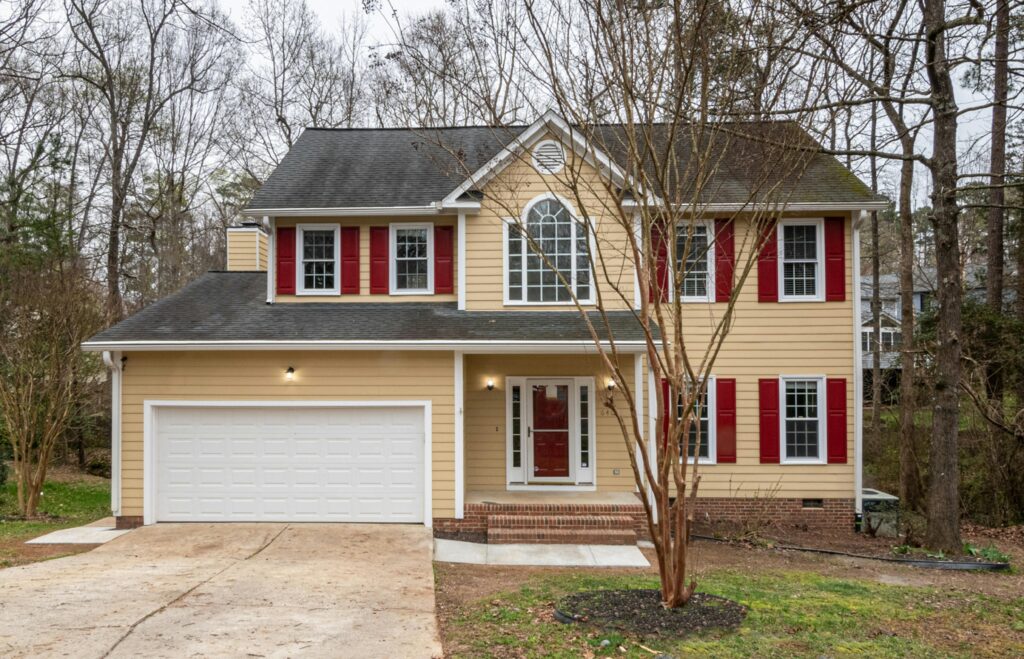Services
Housing Stabilization Services
Minnesota supports people with disabilities to live, work, and play in communities of their choice. Various challenges and barriers can make it hard to find housing, budget, interact with landlords and neighbors, and understand the rules of a lease. Finding and keeping stable, affordable housing is essential to the health of Minnesotans. Housing Stabilization Services is a new Medical Assistance benefit designed to help people with disabilities and seniors find and keep housing. Housing Stabilization Services is a home and community-based service.
The purpose of these services is to:
- Support an individual’s transition into housing,
- Increase long-term stability in housing in the community and
- Avoid future periods of homelessness or institutionalization.

Housing Consultation
Services that supports a person to maintain living in their home in the community. People who do not have waiver or targeted case management or a MSHO/MSC+ care coordinator, but need Housing Stabilization Services, can complete the person-centered planning needed through an enrolled housing consultant, and Assuring Cares is your number one choice for this.
Covered Services:
- Assisting the person to access documentation required for Housing Stabilization Services eligibility
- Developing a Housing Focused Person-Centered Plan based on assessment outcomes
- Supporting the person in identifying their strengths, needs and wants in housing including cultural requirements and/or preferences
- Supporting the person to make an informed choice in their housing transition or sustaining provider
- Offering resource information for services that support non-housing related goals as identified in the person-centered planning process
- Coordinating with other service providers currently working with the person
- Helping the person understand their rights to privacy and appeal information
- Annually updating the person-centered plan as it relates to housing

Housing Transition
Assuring Cares assists a people to plan for, find, and move to a home in the community.
Covered Services:
- Developing a housing transition plan
- Supporting the person in applying for benefits to afford their housing, including helping the person determine which benefits they may be eligible for
- Assisting the person with the housing search and application process
- Helping the person with tenant screening and housing assessments
- Providing transportation with the person receiving services present and discussing housing-related issues
- Helping the person understand and develop a budget
- Helping the person understand and negotiate a lease
- Assisting the person meet and build a relationship with a prospective landlord
- Promoting/supporting cultural practice needs and understandings with prospective landlords and property managers
- Helping the person find funding for deposits
- Assisting the person in organize their move
- Researching possible housing options for the person
- Contacting possible housing options for the person
- Identifying resources to pay for deposits or home goods
- Identifying resources to cover moving expenses
- Completing housing applications on behalf of the service recipient
- Working to delete records or access reasonable accommodations
- Identifying services and benefits that will support the person with housing instability
- Ensuring the new living arrangement is safe for the person and ready for move-in
- Arranging for adaptive house-related accommodations required by the person
- Arranging for assistive technology needed by the person
Eligibility
- Be on Medical Assistance (MA)
- Be 18 years old or older
- Have a documented disability or disabling condition, defined as one of the following:
- A person who is aged, blind or has a disability as described under Title II of the Social Security Act.
- A person with an injury or illness that is expected to cause extended or long-term incapacitation.
- A person with a developmental disability (or related condition) or mental illness.
- A person with a mental health condition, substance use disorder, or physical injury that required a residential level of care and who is now in the process of transitioning to the community.
- A person who is determined to have a learning disability according to policy adopted by Department of Human Services (DHS); or a person with a substance use disorder and is enrolled in a treatment program or is on a waiting list for a treatment program.
- Be assessed to require assistance with at least one of the following areas resulting from the presence of a disability or a long-term or indefinite condition:
- Communication, mobility, decision-making; or managing challenging behaviors
